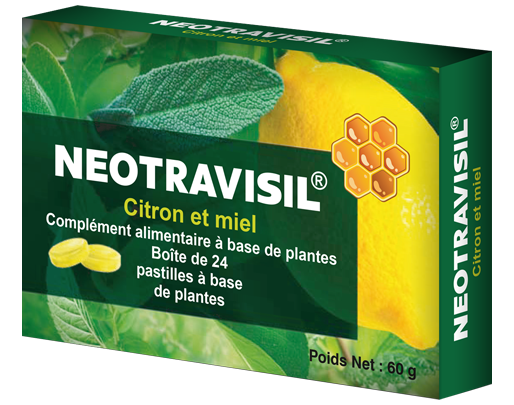There is no way in the world to provide one hundred percent protection against the onset of cough, and this is impossible, because cough is a natural physiological mechanism. However, you can reduce the likelihood of its occurrence as a result of a particular disease. Since coughing is a way to clear the airways, in order for it to occur less frequently, measures should be taken to prevent infections of the upper and lower respiratory tract, since the most common cause of coughing, especially in the cold season, is respiratory infections caused by viruses and bacteria ( ARI, ARVI).

We are surrounded by a huge number of viruses, therefore, it is considered normal if an adult suffers ARVI on average 2 times a year [3], among children this figure is 3-4 times higher. There are no drugs for a home first-aid kit that could strengthen general immunity by 100%. Specific immunity in relation to a particular infection can appear only after the body meets with viruses (influenza, ARVI and others) or through vaccination.
The following factors will help reduce the likelihood of contracting ARVI, as well as other viral and bacterial infections:
- Frequent hand washing, especially in autumn and winter, when the likelihood of getting sick increases significantly. You should not touch your face and mouth often, it is especially important to teach this to children. This helps prevent the spread of a virus that can cause colds or flu.
- Avoiding or minimizing contact with people who have a cold or have the flu.
- Quit smoking completely, including secondhand smoke at home and in the workplace.
- Maintaining optimal air humidity. The ideal relative humidity in a living space is 40-60%. In the summer months, the air is sufficiently humidified (in rainy weather, the relative humidity can reach 80-90%), so there is no need for additional humidification. However, in the autumn-winter period, central heating systems and other heating devices lead to dry air. It is known that colder air contains much less moisture, and airing an apartment in winter only lowers the humidity in it. This causes increased evaporation of moisture from everywhere: from the human skin and all of its mucous membranes in contact with air - in the mouth, in the nose. Warm dry air increases the daily flow of fluids and helps dry out the mucous membranes of the respiratory tract. If the mucous membranes dry out, this disrupts the natural mechanism of their cleansing, the mucus they produce becomes thicker and more viscous, loses its protective properties, the work of local immunity is impaired, and a person is more likely to get sick upon contact with the virus. To maintain optimal air humidity in the room in winter during the heating season, it is recommended to humidify it in any available way: wash the floors, put containers with water, install a humidifier or climate control system. There are also recommendations for personal prevention of drying out of the mucous membranes: irrigate the nasal cavity with a sprayer with sea salt solutions (a wide variety of such solutions are presented in any pharmacy), saline or even sodium chloride solution (1 teaspoon of salt per 1 liter of water). Saline solutions will help moisturize mucous membranes and flush infectious agents out of them. This saline solution can also be used for gargling.
- A large amount of consumed liquid, especially pure water.
- Getting a flu shot every year, especially if you are over 50 or have a chronic illness that increases your risk of complications.
- If possible, you should avoid stress and systematic lack of sleep, observe the daily regimen, adhere to proper nutrition (including eating enough fresh vegetables and fruits for the body to receive the vitamins it needs); sports, socializing with friends, relaxing baths, massage, yoga and your favorite activity contribute to stress relief.
- Hardening: take a contrast shower, walk barefoot in the warm season.
- Regular ventilation of the premises. Viral particles remain active for a long time in dry, warm and still air, but quickly degrade in cool, humid and moving air.
- Try not to overuse cold foods and drinks and not overload your vocal cords; this can provoke their inflammation.
- Dress for the weather; the likelihood of ARVI increases not only hypothermia, but also overheating.
Links:
1. Ed. Petrovsky B.V. Great medical encyclopedia. http: //bme.org. Access 08.12.2018.
2. Pharmaceutical education: the truth and myths about strengthening the immune system. An interview with the chief clinical pharmacologist of St. Petersburg, Alexander Khadzhidis, at www.doctorpiter.ru. http://doctorpiter.ru/articles/8413/
3. Prozherina Yu. Antiviral and immunomodulatory drugs in the prevention and treatment of colds and flu. REMEDIUM. 2016. No. 6.
4. Quinn A., Shaman J. Indoor temperature and humidity in New York City apartments during winter. Sci Total Environ. 2017, Apr 1; 583: 29-35.






